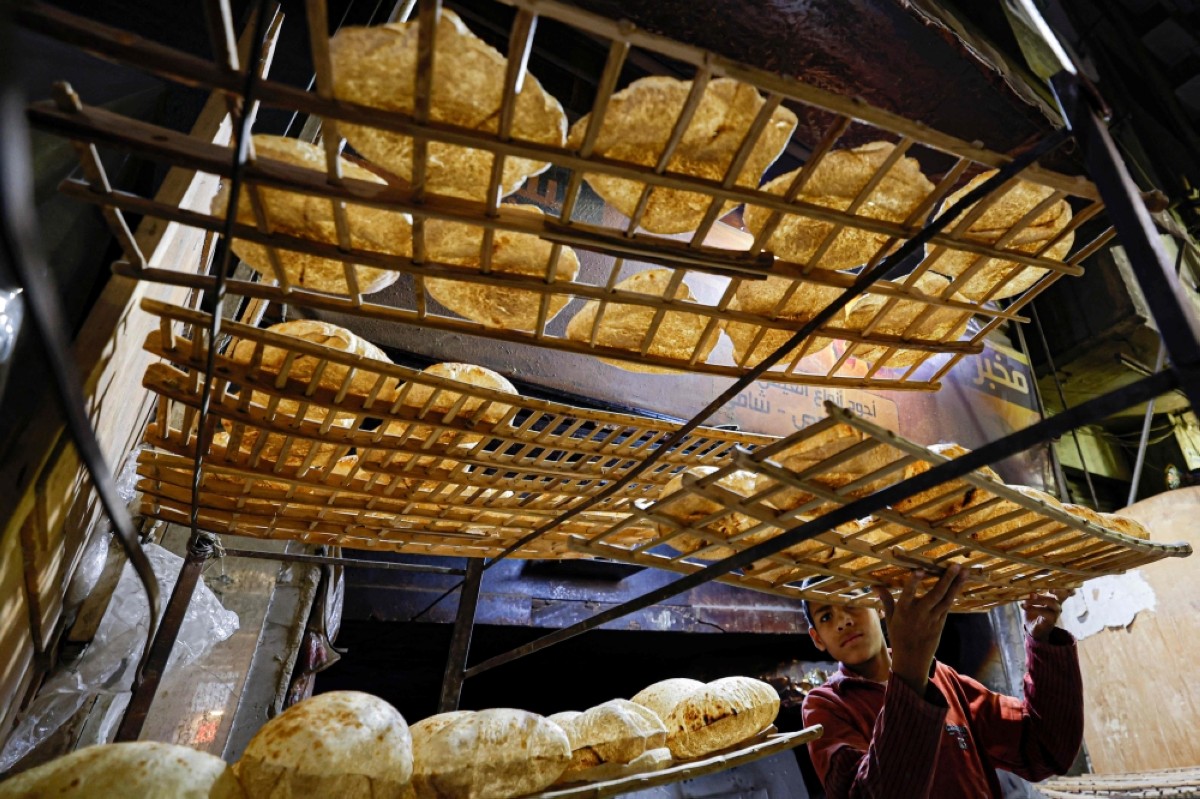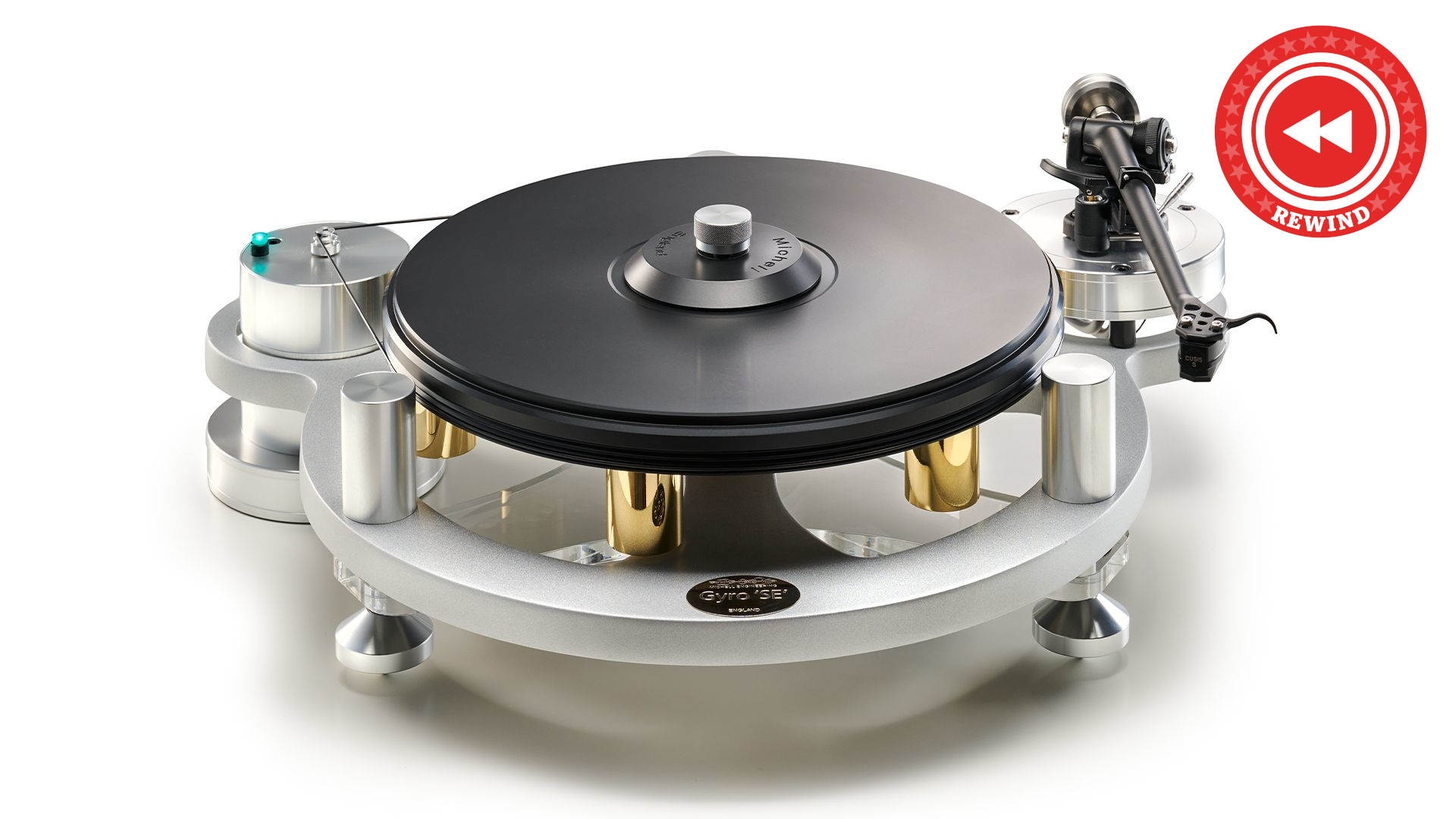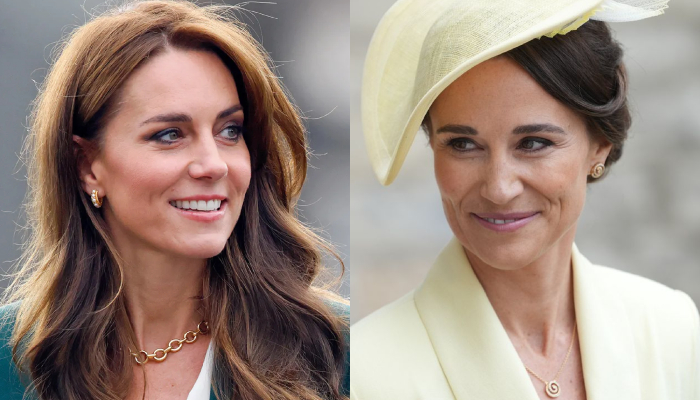CAIRO: Egypt’s economy has been in crisis for years, but as the latest round of International Monetary Fund-backed reforms bites, much of the country’s middle class has found itself struggling to afford goods once considered basics. The world lender has long backed measures in Egypt including a liberal currency exchange market and weaning the public away from subsidies. On the ground, that has translated into an eroding middle class with depleted purchasing power, turning into luxuries what were once considered necessities.
Nourhan Khaled, a 27-year-old private sector employee, has given up “perfumes and chocolates”. “All my salary goes to transport and food,” she said as she perused items at a west Cairo supermarket, deciding what could stay and what needed to go. For some, this has extended to cutting back on even the most basic goods—such as milk.
“We do not buy sweets anymore and we’ve cut down on milk,” said Zeinab Gamal, a 28-year-old housewife. Most recently, Egypt hiked fuel prices by 17.5 percent last month, marking the third increase just this year.
The measures are among the conditions for an $8 billion IMF loan program, expanded this year from an initial $3 billion to address a severe economic crisis in the North African country. “The lifestyle I grew up with has completely changed,” said Manar, a 38-year-old mother of two, who did not wish to give her full name. She has taken on a part-time teaching job to increase her family’s income to.


















